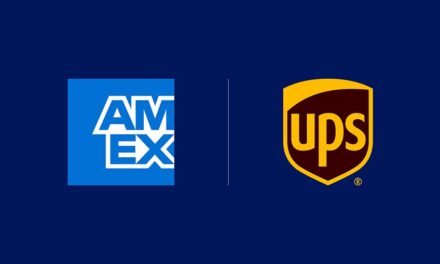
UPS looks to European expansion
UPS, the US parcel delivery group, is looking for acquisitions in the consolidating European market, according to Mike Eskew, its new chairman and chief executive.
“We are going to be opportunistic and strike when we need,” Mr Eskew said in an interview at the World Economic Forum in New York. “We will look for goods, information and funds-type acquisitions.”
UPS is trying to diversify from its origins in the ground transportation segment of the US parcel market by expanding internationally, investing in new technology and developing new business areas such as trade finance.
“Our position in the rest of the world is small, but we think we have lots of opportunities,” Mr Eskew said.
Only about 10 per cent of the group’s volume comes from outside the US and it has often complained that it has been unable to compete against state postal services in parts of the European Union on equal terms.
UPS filed a suit against Deutsche Post in 1994, accusing the German post office of abusing its monopoly position. One part of the case is still before the European Commission.
The group is pushing for further elimination of trade barriers. Mr Eskew said UPS would benefit most from faster and simpler customs clearance procedures across Europe and hoped to be allowed to make more night flights.
Mr Eskew said UPS would continue to improve the technology that allows customers to track the progress of their packages and would expand its trade financing arm, UPS Capital.
UPS Capital has begun to offer a range of financial products, including trade finance, equipment leasing and collecting cash on delivery on behalf of clients.
“An awful lot of our customers are small and medium-sized businesses, who have never done business other than face to face,” Mr Eskew said. “We can wrap information around a package. Now let’s talk about how we factor the funds movement,” he said.
With one UK fruit importer, for example, UPS Capital advances the company 85 per cent of the value of its invoices within one day of issuance, compared to the industry’s standard 28-35 day delay in making payments.
It also manages the company’s distribution chain, handling import and export documentation, air freight and customs clearance.
UPS last week exchanged the first proposals on contract negotiations with 210,000 members of the Teamsters union, whose five-year contract expires in July. The last round of negotiations, in 1997, prompted a nationwide strike and widespread disruption to the UPS system, but Mr Eskew said: “Both sides want to get this done quickly.”












